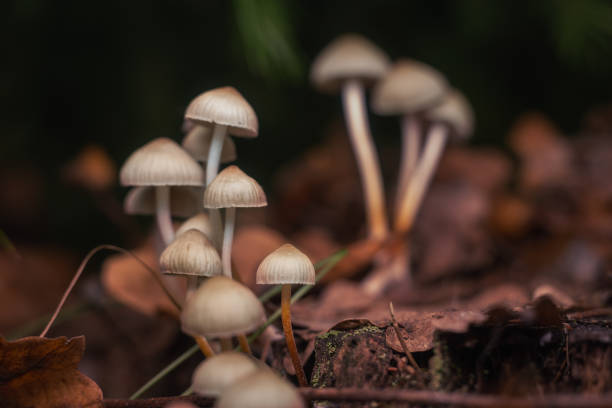Psychedelic mushrooms, commonly referred to as ‘shrooms’, have been a subject of intrigue, research, and debate for decades. In Canada, as in many other parts of the world, the conversation around shrooms is shifting from mere curiosity to serious discussions about their potential benefits and future legal status. Here, we explore the current trends and offer some predictions about the future of shrooms in Canada.
Historical Context
The use of psychedelic substances for spiritual and healing purposes dates back centuries. Indigenous cultures worldwide have traditionally used these substances in their rituals and ceremonies. In Canada, the 1960s and 70s saw a surge in the recreational use of psychedelics, leading to a subsequent crackdown and criminalization. Shrooms, containing the active ingredient psilocybin, fell under this umbrella.
Recent Shifts in Perception
Over the past decade, there has been a renaissance in the interest in psychedelics, driven by emerging research showing potential therapeutic benefits for mental health conditions like depression, anxiety, and PTSD. Canada, with its progressive stance on many societal issues, has been at the forefront of this shift.
In August 2020, Canada’s Minister of Health granted an exemption to terminally ill patients, allowing them to use psilocybin as part of psychotherapy. This landmark decision marked a significant change in Canada’s approach to shrooms and set the stage for broader discussions on decriminalization and potential medical use.
Trends to Watch
- Medical and Therapeutic Use: As more research emerges, it’s likely that psilocybin will find its place alongside other therapeutic tools. Psilocybin-assisted therapy may become a standard option for certain mental health conditions.
- Decriminalization: Various advocacy groups are pushing for the decriminalization of shrooms, similar to the path cannabis took before its legalization in Canada. Some Canadian cities might champion this cause, decriminalizing possession of small amounts for personal use.
- Cultivation and Commerce: If regulations relax, there might be an opportunity for businesses focusing on the cultivation, distribution, and education about shrooms, similar to the cannabis industry’s trajectory.
- Education and Harm Reduction: With increased interest and potential accessibility, there will be a pressing need for proper education about safe consumption, potential risks, and harm reduction strategies.
Predictions for the Future
- Regulated Medical Access: Within the next decade, it’s plausible that psilocybin will be available through regulated medical channels, prescribed by physicians and consumed under guided, controlled conditions.
- Local Decriminalization: Before nationwide changes, local jurisdictions might lead the way. Cities like Vancouver, known for their progressive drug policies, might decriminalize shrooms, setting a precedent for others.
- Psychedelic Retreats and Wellness Centers: As seen in other countries, there might be a rise in psilocybin retreats and wellness centers, offering guided experiences in safe, controlled environments.
- Rigorous Research and Development: Universities and private institutions will likely ramp up their research efforts, possibly leading to the discovery of new strains or formulations of psilocybin with specific therapeutic effects.
Challenges Ahead
While the future seems promising, it’s not without challenges. Comprehensive regulatory frameworks will need development. The stigma associated with psychedelic use, deeply rooted in decades of prohibition, will require concerted efforts to overturn. Moreover, ensuring that the indigenous communities, who have been traditional custodians and users of these substances, are respected and included in the conversation is crucial.
Conclusion
The winds of change are blowing for shrooms in Canada. As society becomes more receptive to alternative therapies and the potential benefits of substances like psilocybin, the legal and cultural landscape will evolve. While it’s hard to predict the exact trajectory, the trend suggests a future where shrooms are not just tolerated but embraced for their potential to heal and enlighten.

